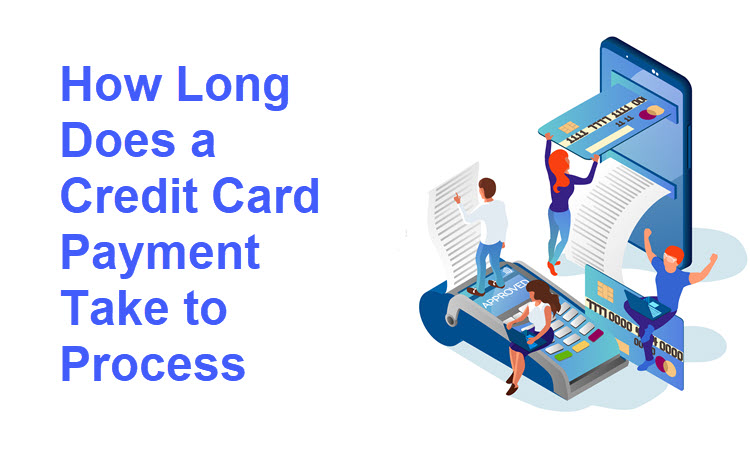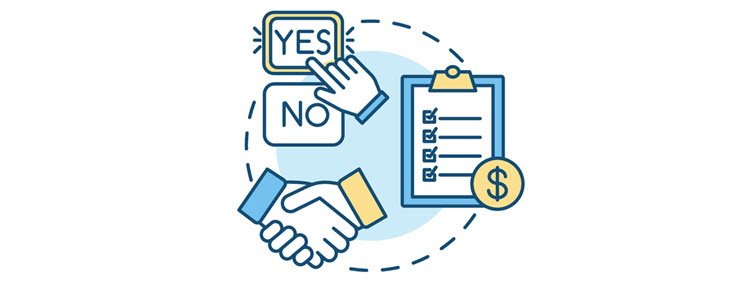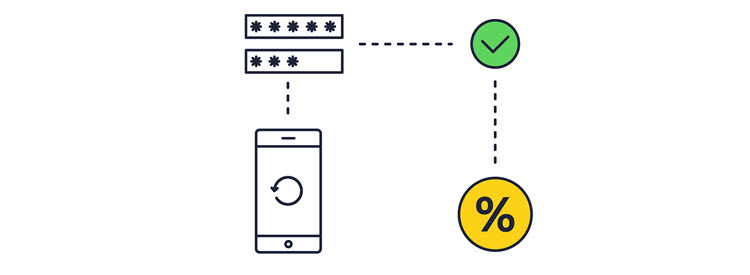

Note: Refer to our article and learn everything you need to know about credit card processing fees for merchants.
If you’re operating in an online environment, ensure you can accept various payment methods. This versatility ensures that different kinds of customers buy your products and use your services.
The procedures and terms explained in this guide will help you understand what happens during credit card payment processing and how it affects your business.
Credit cards are one of the most popular and widespread payment methods used to pay for services and products online.
While most merchants accept credit card payments, not all of them are aware of how long payment processing takes. Knowing when the funds will be available in their business account helps merchants plan their investments and ensures a steady cash flow.
In this article, we’ll describe how payment processing works and how long it takes for credit card payments to process.

Credit card payment processing ensures a high level of security and involves many participants. Knowing how payment processing works helps understand why a credit card payment may take up to 72 hours to process.
Note: Learn more about how credit card payments work by reading up on credit card tokenization.

Credit card payments take anywhere between 24 to 72 hours to process. In general, most credit card payments are cleared within the first 48 hours.
Merchants who process payments through a payment processor can expect several more days of waiting before they receive the funds. This is because payment processors typically send payouts once a week, on a set schedule.
Note: To learn how your business can start accepting credit cards, refer to our guide How to Accept Credit Card Payments Online.
Not all payments are processed at equal speeds.
Credit card payments made by phone and online payments are a much faster option than mailed payments. However, they’re not instant. When a consumer makes an online credit card payment or pays by phone, the merchant typically has the money in their merchant account within 1 to 3 business days.
Remember that payment processors and other financial entities collect and process payments in batches. This can slow the processing and posting process. For instance, if a payment processor collects a batch of payments on Friday evening, the merchant might not have the money in their account until Monday.

Read up on your payment processor’s terms and conditions regarding payouts. Payment processors often send payouts to merchants once a week or only when a certain amount has been processed. Collecting funds only when a certain amount has been processed saves you money as each payout may incur additional charges depending on the selected payment delivery method.
If the funds haven’t been transferred to your bank account within the designated period, check the status of the transaction. It is more convenient to check the transaction processing status with the payment processor than to check it with the acquiring bank or the customer’s issuing bank.
Call the payment processor or submit a support ticket and ask them to send the transaction report. It typically contains a batch of payments, so search for the transaction in question to check its status.
These reports usually contain collected and settled transactions. Settled transactions are processed transactions and the funds have been forwarded to your account. Collected transactions are still being processed by the payment processor.
The payment processor can tell you when you can expect the money in your account.

To accept credit card payments, merchants must have a merchant account set up at an acquiring bank and a payment processor that processes payments for them.
The following parties are involved in credit card payment processing:
Note: Refer to our article and learn everything you need to know about credit card processing fees for merchants.
If you’re operating in an online environment, ensure you can accept various payment methods. This versatility ensures that different kinds of customers buy your products and use your services.
The procedures and terms explained in this guide will help you understand what happens during credit card payment processing and how it affects your business.